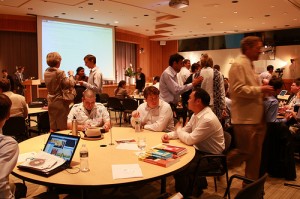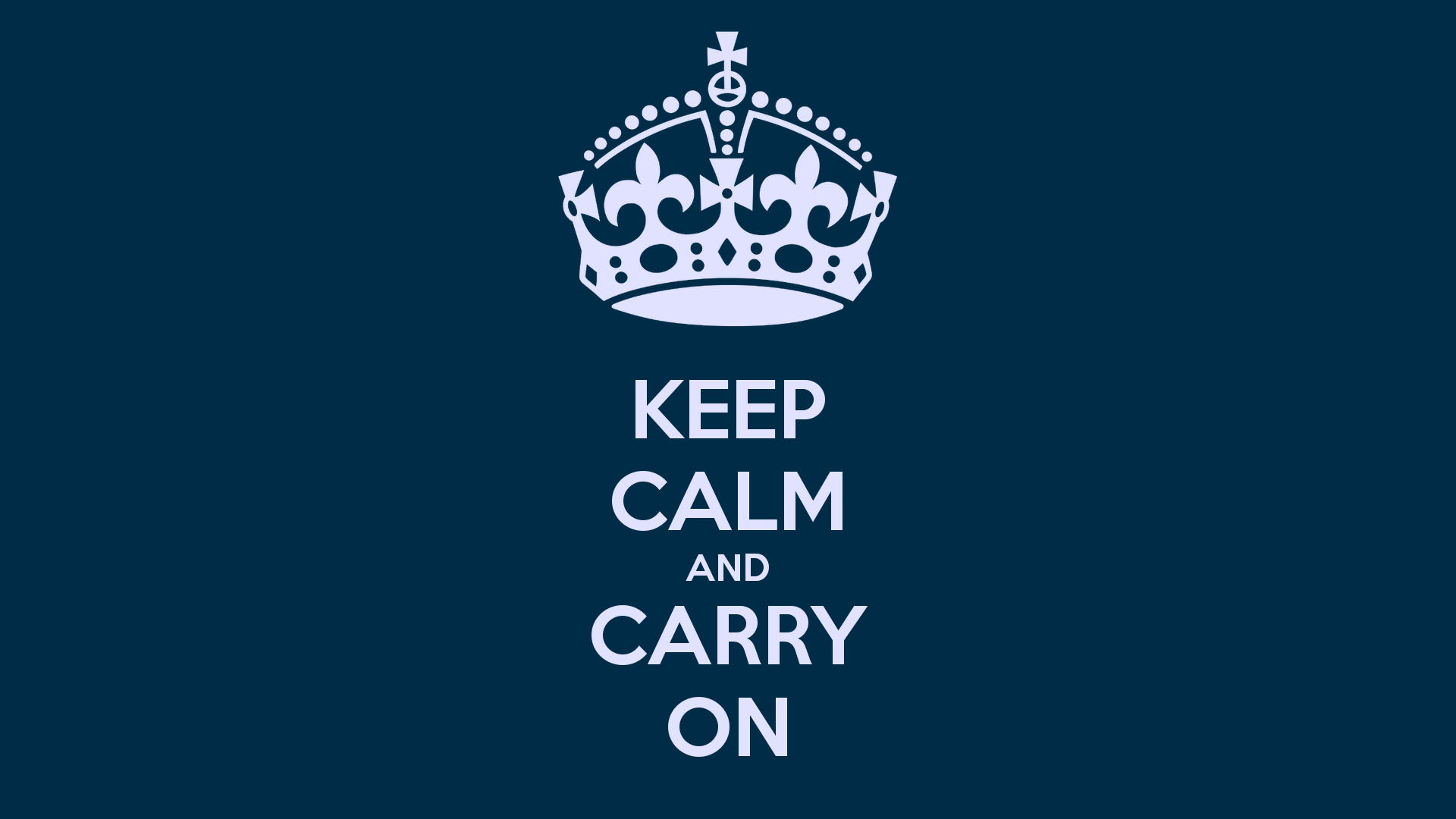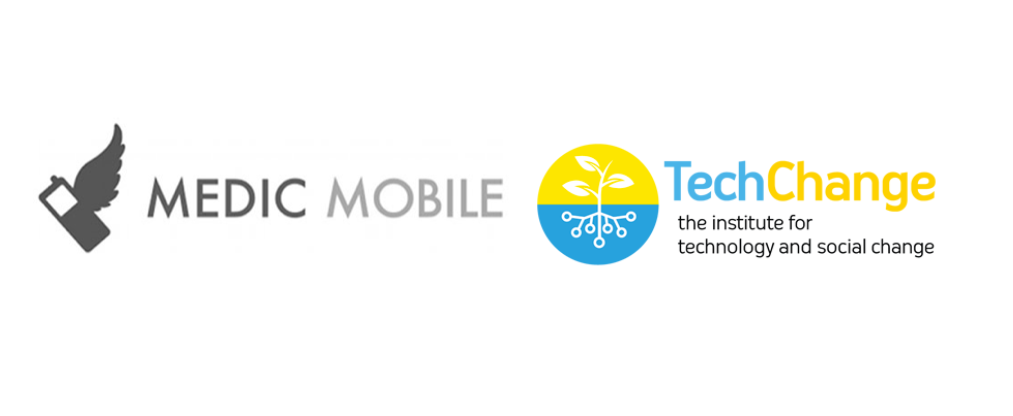Yesterday, the World Bank brought together leading technologists, data gurus and development practitioners for a whirlwind group brainstorming activity about their soon to be open Apps for Development contest. The contest aims to find the best application of the data sets released by the bank as part of their Open Data initiative. Along with group sessions to identify potential uses across a number of sectors, participants had the opportunity to hear from technology “Obi-Wan” Tim O’Reilly, Health and Human Services CTO Todd Park, and World Bank Africa Region Chief Economist Shantayanan Devarajan.
/>The competition is part of a broader movement at the bank to share the research they collect with policy makers in and out of government as well as social entrepreneurs. Tim O’Reilly took aim at the trend of using data for visualization, calling it “useful for data wonks” but saying the need was to “build for a real person who is trying to solve a problem.” Visualization works for aggregate level analysis but for the individual user the important issue is accessing “the smallest unit of data” that can help improve their life.
 Before the group section, Maps for Results an application being developed by Andrew Turner at FortiusOne was demoed. The project displays development indicators along with World Bank activities at the project level. Obtained by laboriously geotagging projects from World Bank reports, Maps for Results provides an important level of granularity not found in the mostly national level data sets.
Before the group section, Maps for Results an application being developed by Andrew Turner at FortiusOne was demoed. The project displays development indicators along with World Bank activities at the project level. Obtained by laboriously geotagging projects from World Bank reports, Maps for Results provides an important level of granularity not found in the mostly national level data sets.
This concept was built upon in the group design sessions, with a number of suggestions involving making the data actionable for citizens near World Bank projects. Groups asked to discuss environmental and governance issues independently identified as useful an application that would allow citizens to obtain SMS updates regarding World Bank projects and most importantly send back their feedback. This service would create a new data set of real-time project efficiency and if used correctly could help provide useful information for citizens interested in encouraging good governance. As Shantayanan Devarajan said at the beginning of the day the fundamental constraint “for development is government failure.” Opening data empowers individuals to take action against corruption by letting them know what ought to be happening.
This event was a great opportunity for us at TechChange to identify the types of training we need to provide technology for development entrepreneurs for them to be effective in the field. Stay tuned for future posts where we explore some of our innovative skills development techniques. The official launch of the competition is in early October, so until then get busy thinking up those apps.



